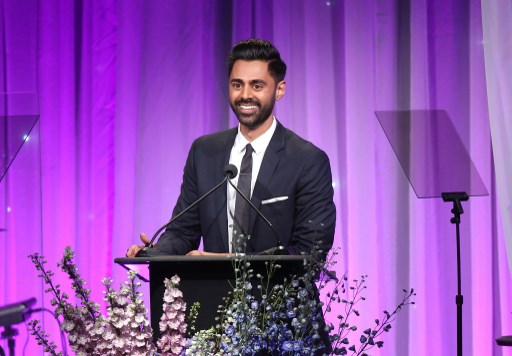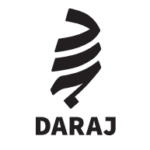Back then, the world’s largest streaming company caved to Saudi pressure and yanked an episode which featured a monologue criticizing the Saudi crown prince Mohammad Bin Salman for his role in the murder of Washington Post journalist Jamal Khajoggi, and denouncing the role of the Saudi-led coalition in the Yemen war.
When Netflix scrambled to defend its position, it reiterated its respect of artistic freedom “in the entire world,” and said it removed Minhaj’s episode only in Saudi Arabia, implying the latter is not part of the world! This is a kind of discrimination that smacks of pure racism.
Netflix’s condescending move toward Arab audiences is not without precedent in the global sphere of internet platforms. Western, and especially American media operate double standards to deal with Arab readers and viewers and their Western counterparts.
Facebook is even more explicit in its discriminatory publishing standards. It prohibits any Arabic content that mentions “Daesh”- the Arabic acronym for ISIS- even when the article condemns the terrorist organization. That obviously does not apply to English content. This is a form of racism that signifies Arab readers are not intelligent enough to decide for themselves if the term is used to endorse or to denounce Isis.
Ironically, the terrorist organization itself rejected its Arabic acronym and punished those who used it, because the term clearly connotes savagery, while its English counterpart carries none of that load.
Examples abound of Facebook’s patronizing attitude that is unbecoming of its employees, or anyone else for that matter. When it comes to its Arabic users, Facebook is a patriarchy not unlike the autocratic regimes dominating the Arab world. A patriarchy that flaunts the freedom of expression under which Facebook was allowed to thrive, and adopts instead Arab regimes’ political, moral and security surveillance practices. Facebook goes even further by embracing the same repressive values that the most reactionary religious institutions exert on the Arab populations. If, for example, the word “naked” poses no problem for English content, it is not sanctioned in Arabic by our new censor, Facebook. Another example is the picture of Hezbollah leader Hassan Nasrallah. If it is attached to an Arabic content, Facebook brands it as terrorism promotional material and takes it down, regardless of whether it is used in a positive or vilifying context. Again, English-speaking publishers are free to use Nasrallah’s picture at their own discretion. This reality casts major doubt on the very values upon which “free” Western media was founded.

This form of bigotry is not only present in online platforms but has extended to traditional broadcasting and publishing institutions.
CNN’s Arabic website, based out of the United Arab Emirates, is more like an official Emirati institution, adhering to local government policies, which CNN never questions. The same goes for CNN Turkey, where the American channel is almost like the official spokesperson for the ruling Justice and Development Party. This is the same establishment that, in Washington, DC, is spearheading the battle against Donald Trump.
Neither is Sky News Arabia, which broadcasts from Abu Dhabi, any different. And, although to a lesser extent, it is also true of BBC Arabic in its handling of the war in Syria.
Netflix pulling “the “Patriot Act” episode remains the culmination of these discriminatory methods towards Arab audiences. Yet Netflix’s strength is supposed to lie in the fact that it is completely free from any such practices. The “Patriot Act” incident and the reactions it generated will likely cause a huge setback for Netflix in the west, but not because of the American public opinion’s keenness on freedom in our regions. True, the episode was only blocked in Saudi Arabia, but the actual fact remains that it was Western content that got blocked, which means Western public opinion is equally targeted. The killing of Khashoggi provoked a grave reaction in the West precisely because people felt that the murder targeted a man who sought refuge in Washington, and was writing for the Washington Post.
From this vantage point, a serious re-evaluation must begin of the task of the information and technological revolution, and the way in which it is supposed to carry human values beyond the societies in which they originated.
The power of Netflix rests in the content it made available to the Arab viewer, when other traditional platforms failed to do so. But to plant an Arab censor in this institution would bring us back to pre-Netflix times.






